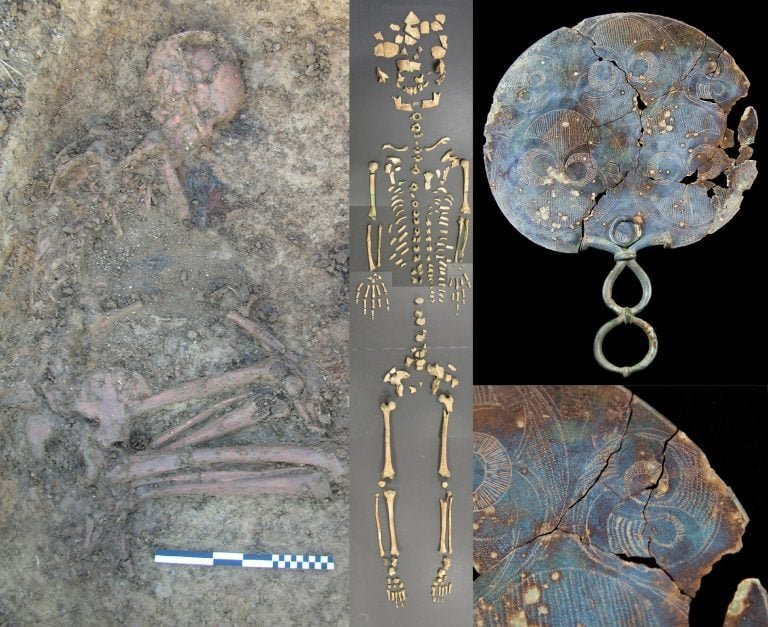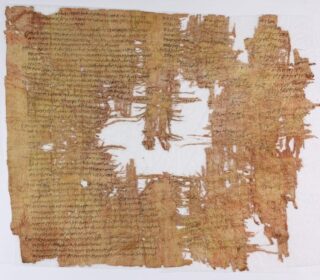A groundbreaking study has revealed that women in Iron Age Britain wielded significant power and influence, challenging traditional views of ancient British society. The research, led by Trinity College Dublin, provides evidence that land inheritance followed the female line, with husbands relocating to live within their wives’ communities.
Uncovering the Secrets of Iron Age Britain
The study analyzed the DNA of over 50 ancient individuals from burial sites in Dorset, southern England, dating back to the Iron Age. The results showed that the community was organized around matrilineal bonds, with most members tracing their maternal lineage back to a single woman.
“This was the cemetery of a large kin group,” said Dr. Lara Cassidy, Assistant Professor in Trinity’s Department of Genetics. “We reconstructed a family tree with many different branches and found most members traced their maternal lineage back to a single woman, who would have lived centuries before.”
Matrilocality: A Widespread Phenomenon
The research revealed that this type of social organization, known as matrilocality, was not unique to Dorset. The team found evidence of matrilocality in other parts of Britain, including Yorkshire, where one dominant matriline had been established before 400 BC.
“Across Britain, we saw cemeteries where most individuals were maternally descended from a small set of female ancestors,” said Professor Dan Bradley, co-author of the study. “This was a widespread phenomenon with deep roots on the island.”
Challenging Traditional Views
The study’s findings challenge traditional views of ancient British society, which often portrayed women as subordinate to men. Instead, the research suggests that women played a significant role in shaping the social and political landscape of Iron Age Britain.
“The Romans were astonished to find women occupying positions of power when they arrived in Britain,” said Dr. Miles Russell, excavation director and co-author of the study. “Our findings suggest that women were influential in many spheres of Iron Age life, and that maternal ancestry was the primary shaper of group identities.”
A New Perspective on Ancient Britain
The study provides a new perspective on ancient Britain, one that highlights the importance of women in shaping the social and political landscape of the time. As researchers continue to uncover the secrets of Iron Age Britain, it is clear that women played a significant role in this fascinating period of history.

















